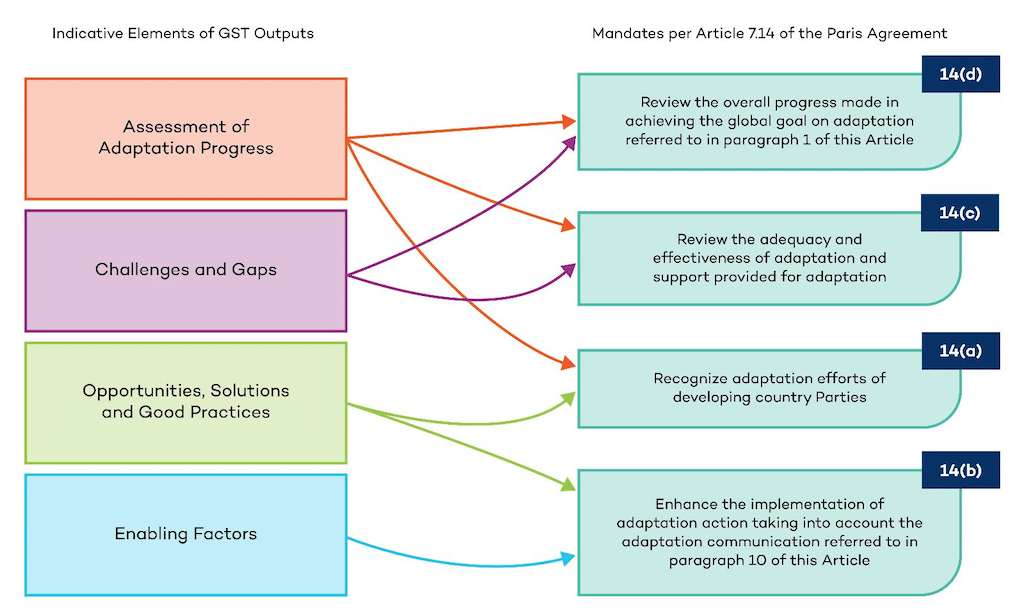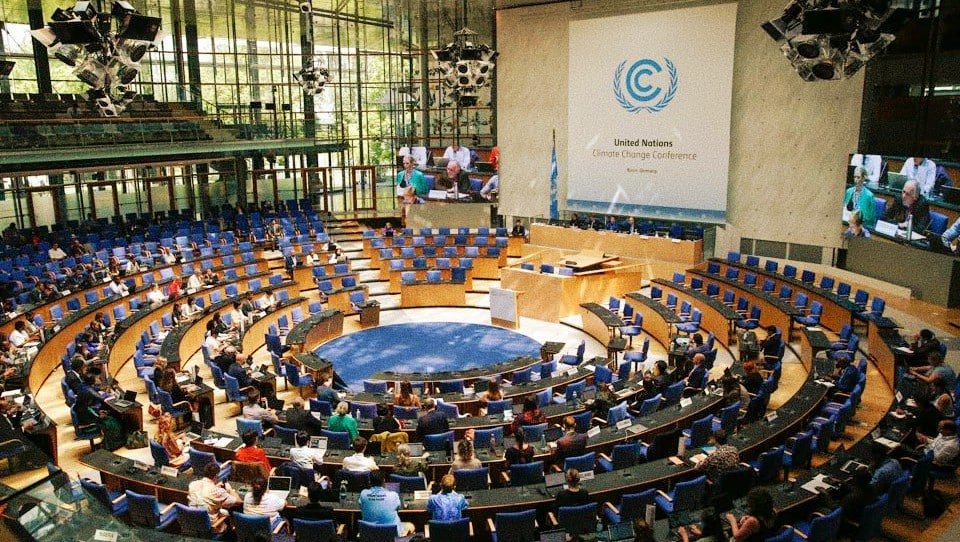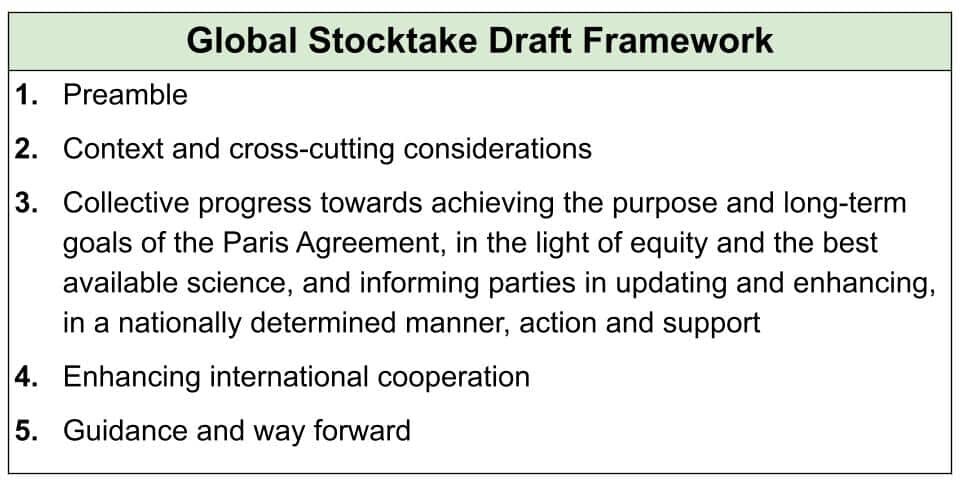Climate talks in Bonn, Germany kicked off this month where diplomats around the globe meet to agree on a common agenda for the next big UN climate summit, COP28, taking place in Dubai in November.
However, negotiators parted ways with some decarbonization issues left hanging. These particularly include climate finance and how quick emissions cuts must be done formally known as the Global Stocktake.
Global Stocktake provides a picture of where the world is in addressing climate change, where it needs to go, and how to get there.
The Bonn delegates have the huge task to lay the groundwork for the Global Stocktake before its finalization at COP28. But early in the two-long-week talks, tensions were high as negotiators couldn’t agree on the agenda.
This prompted the climate conference’s co-chair Nabeel Munir to call the diplomats “a class of primary school”.
Here are the key issues that caused agenda woes and disputes among delegates.
Where Are We Right Now in Cutting Emissions?
The Global Stocktake is a key element of the Paris Agreement that will inform the next round of climate pledges by countries. It’s a critical turning point when it comes to national efforts in reducing carbon emissions to tackle climate change.
In other words, it’s a defining moment to take a deeper look at the state of the Earth and chart a better course ahead. It will help nations bolster their ambition as necessary to avoid more global warming.
The first talks on Global Stocktake also happened in Bonn in June last year. The second one took place at COP27 in Egypt, while this is the third one it’s discussed for COP28.
To have the final output of the Global Stocktake (GST), here’s how it will go for the participating parties:

There’s a common understanding that countries aren’t on track to achieve their climate goals. These targets even fall short to meet the 1.5°C warming threshold. And so, the Global Stocktake was designed to bring countries back on the right course in addressing the climate crisis.
Only decided upon on the last day of the Bonn talks, negotiators were able to draft a framework for the Global Stocktake with these key areas:
But there were significant disagreements on some points discussed within Global Stocktake (third section) among delegates. And one of them is on climate finance.
Climate Finance: The Most Disputed Agenda
Since the Paris Accord in 2015, the Dubai COP28 will see the UN publish the Global Stocktake for the first time. But disputes arise on how to incorporate finance and support.
In the words of a delegate from a global nonprofit organization, “Progress was underwhelming on nearly every front, with one main culprit: money.”
While climate finance isn’t directly part of the agenda, it casts a shadow over the talks.
During the conference, low-income nations expressed frustrations on the funds promised by rich countries that didn’t come. The $100 billion 2020 pledge by wealthy developed nations to finance developing countries’ climate actions remains unmet.
Meanwhile, there’s a new post-2025 climate finance target to help developing nations cut their carbon emissions and improve climate resilience. They call it the “new collective quantified goal” (NCQG) that’s the agenda for COP29 in 2024.
Yet, discussions for this new climate finance goal in Bonn were so technical.
The general sense is that rich nations, particularly the U.S. and the EU, are trying to avoid specific talks on climate finance.
For instance, the US wants to make developing nations also rely on private financing and suggest including wealthy developing nations in the list of climate finance donors. These include China and the Gulf states, in particular.
For Tom Evans of E3G, developed countries are using that as a shield to block talks on climate finance at Bonn. He remarked that they’re bothered that “the more we talk about financial flows, we’re literally talking about ending fossil fuel investment.”
Commenting on this issue, Harjeet Singh from Climate Action Network tweeted that wealthy nations showed indifference toward developing countries. She further asserted that:
“Let’s be clear: without honouring their financial pledges—directly tied to their historical role in driving the climate crisis—these affluent nations lack the moral authority to exert pressure on poorer countries.”
That climate money is not only due to developing nations; it’s also critical to ensure a transition to a renewable energy system for all.
The COP for Global Stocktake
Looking forward to COP28, many believe it would be a big fight between the rich and the poor countries over climate finance.
Others dub this year’s climate summit as “Global Stocktake COP”.
After Bonn climate talks, there will be a summary report on the 3rd meeting of the Global Stocktake’s technical dialogue by August. Then a synthesis report ensues by September that brings together all the assessments of the entire 3rd Global Stocktake dialogue. All these in preparation for COP28 final talk.
In his closing speech, the UN Climate Change secretary Simon Stiell noted that pledges and implementation are far from enough. Thus, “the response to the Global Stocktake will determine the success of COP28 and, far more importantly, success in stabilizing our climate”, he adds.


